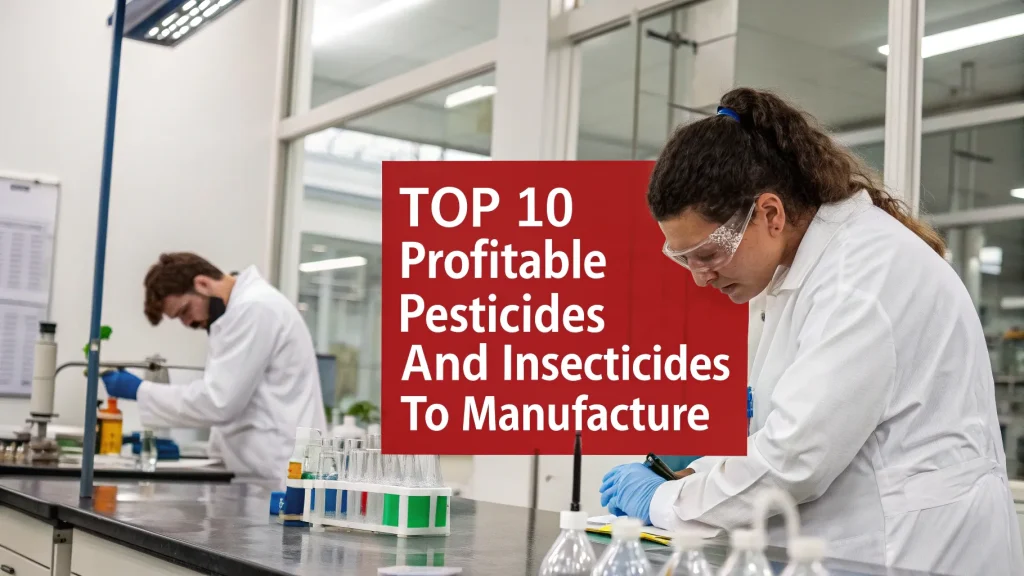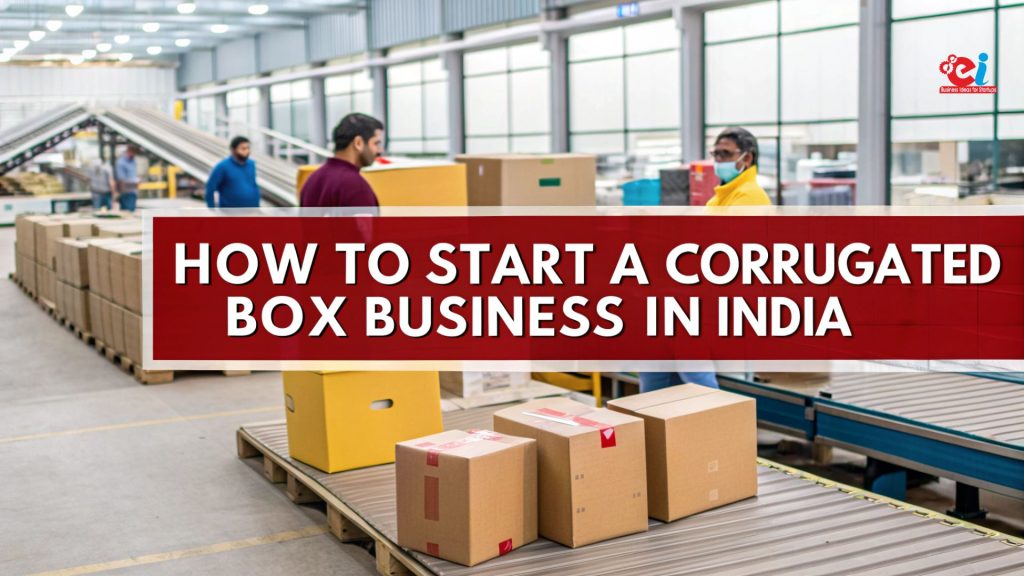Rice syrup is emerging as a highly demanded natural sweetener in both domestic and international markets. With consumers becoming more health-conscious, there is a growing shift toward alternative sugars like rice syrup. Starting a rice syrup processing plant today can be a lucrative and sustainable business opportunity. The demand from the food, beverage, and health product industries continues to rise, making it a wise investment option for aspiring entrepreneurs.
Why Starting a Rice Syrup Processing Plant is a Profitable Venture
The primary ingredient for rice syrup is broken rice or starch-rich rice varieties, which are easily available in most parts of Asia, especially in countries like India, China, and Thailand. The conversion of rice starch into glucose-rich syrup is accomplished through enzymatic hydrolysis. The final product—rice syrup—is a thick, amber-colored liquid with mild sweetness and excellent binding properties, making it a preferred sweetener in baby foods, snacks, baked goods, cereals, and beverages.
Setting up a rice syrup processing plant provides a great opportunity to tap into both domestic consumption and export markets. Asia-Pacific holds a major share in global rice production, making raw material sourcing economical. With appropriate planning and execution, this business can offer excellent margins due to low input costs and growing demand.
Market Potential
The rice syrup market is projected to grow significantly in the coming years due to several factors:
-
Rising consumer preference for organic and non-GMO sweeteners.
-
Growing application in infant foods and sports nutrition.
-
Increased awareness about the health risks of refined sugar.
-
Expanding vegan and gluten-free food industries.
According to recent industry reports, the global rice syrup market is expected to grow at a CAGR of over 4.5% between 2023 and 2030. This strong growth projection makes now the ideal time to enter the business and establish a rice syrup processing plant.
Key Steps to Start a Rice Syrup Processing Plant
Market Research & Feasibility Study
Start by identifying the demand for rice syrup in your target region. Research the competition, pricing, customer preferences, and regulations. A detailed feasibility report will help evaluate the investment, operational costs, and expected ROI.
Business Plan Preparation
Create a comprehensive business plan that includes:
-
-
Capital requirement
-
Sourcing of raw materials
-
Plant location
-
Technology selection
-
Production capacity
-
Target customers
-
Sales and marketing strategy
-
Location & Land Acquisition
Choose a location with easy access to rice suppliers, good water supply, power availability, and transportation facilities. An industrial zone near rice-growing regions is ideal for setting up a rice syrup processing plant.
Legal Formalities & Licensing
Obtain necessary licenses and permits such as:
-
-
Company registration
-
FSSAI license (in India)
-
GST registration
-
Factory license
-
Pollution control board clearance
-
Trade license
-
Procurement of Machinery and Equipment
Essential machinery for a rice syrup processing unit includes:
-
Soaking tanks
-
Rice cooker/gelatinizer
-
Enzyme dosing equipment
-
Saccharification tanks
-
Filtration units
-
Vacuum evaporator
-
Storage tanks
-
Packaging machines
Modern technology enables automatic and semi-automatic production lines that reduce labor costs and improve efficiency.
Hiring Skilled Workforce
Hire skilled and semi-skilled staff for production, quality control, maintenance, packaging, and administration. Training workers in hygiene and plant safety is essential.
Production Process
The rice syrup production process involves:
-
Cleaning and soaking the rice
-
Cooking to gelatinize the starch
-
Enzymatic conversion of starch into sugars
-
Filtration and clarification
-
Concentration under vacuum
-
Cooling and storage
-
Final packaging
Maintaining hygiene, quality control, and batch consistency is crucial in every stage of processing.
Packaging and Labeling
Choose suitable packaging based on your customer segment. Retail packs (250 ml, 500 ml) and bulk containers (5L, 20L) are common. Ensure proper labeling as per food safety standards including product info, ingredients, nutritional facts, and best-before date.
Marketing and Distribution
Use both traditional and digital marketing techniques to promote your rice syrup processing plant brand. Key marketing strategies include:
-
-
Distributors and wholesalers
-
Tie-ups with bakeries, health food manufacturers, and beverage brands
-
Website and e-commerce platforms
-
Exhibitions and food expos
-
Social media marketing and influencer tie-ups
-
Investment & Profitability
The initial investment to set up a small to medium-scale rice syrup processing plant may range from ?25 lakhs to ?1 crore depending on capacity, machinery, and automation. However, the profitability is high due to:
-
Low cost of raw material (broken rice)
-
High market price of rice syrup
-
Year-round demand
-
Export potential
Break-even can often be achieved within 12–18 months of operation with a good marketing strategy and consistent quality.
Challenges and Solutions
-
Raw Material Quality Fluctuation
-
Solution: Partner with reliable suppliers and maintain an inventory buffer.
-
-
Competition from Established Brands
-
Solution: Offer organic/niche products and highlight health benefits.
-
-
Regulatory Compliance
-
Solution: Hire a consultant to handle FSSAI and pollution control norms.
-
-
Technology Know-How
-
Solution: Collaborate with food processing consultants or technology providers who can install turnkey plants.
-
-
Maintaining Consistent Quality
-
Solution: Set up a dedicated quality control lab within your plant and follow GMP practices.
-
Future Opportunities
As global trends continue favoring plant-based and natural sweeteners, rice syrup is expected to become a key ingredient across industries. You can expand your rice syrup processing plant in the future to include:
-
Organic rice syrup
-
Brown rice syrup
-
High maltose rice syrup
-
Rice syrup solids (powder form)
Additionally, you can consider diversification into other rice-based products like rice flour, rice protein, and rice milk to further boost revenue streams.
Environmental Impact and Sustainability
Operating a rice syrup processing plant can also be designed with sustainability in mind:
-
Use of biomass or solar energy for heating
-
Wastewater treatment and reuse
-
Utilizing rice husk waste for power generation
-
Eco-friendly packaging options
Such green initiatives not only lower operating costs but also enhance brand reputation.
Conclusion
Starting a rice syrup processing plant is not just a profitable venture but also a smart step toward contributing to the growing demand for healthier and natural food ingredients. With the global market embracing clean-label and alternative sweeteners, rice syrup provides a unique niche with long-term growth potential. Whether you are an aspiring entrepreneur or an established agri-business looking to diversify, investing in this industry today can yield sustainable returns for years to come. Now is the perfect time to act—start your rice syrup processing business and be part of the next big wave in the food processing sector.
Visit the page Select and Choose the Right Business Startup for You for sorting out the questions arising in your mind before starting any business and know which start-up you can plan. We, at NPCS, endeavor to make business selection a simple and convenient step for any entrepreneur/startup. Our expert team, by capitalizing on its dexterity and decade’s long experience in the field, has created a list of profitable ventures for entrepreneurs who wish to diversify or venture. The list so mentioned is updated regularly to give you a regular dose of new emerging opportunities.




